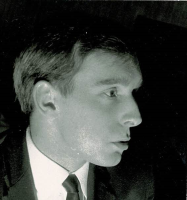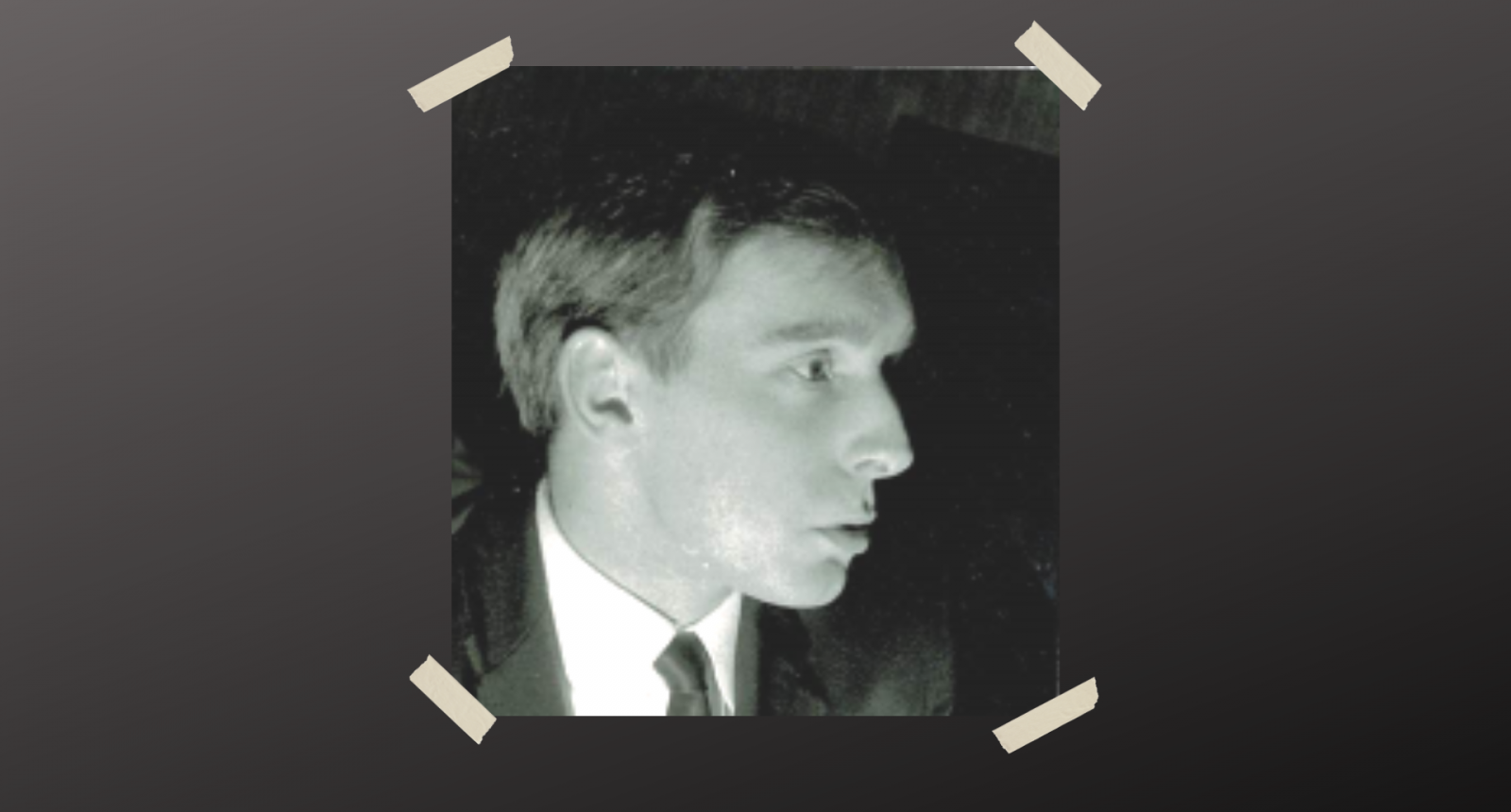We were thrilled to hear from Henry Blount, who studied at The University between 1963 and 1967, as he recalled his time at the University of Salford and his impressive career since.

“Call me a guinea pig. We were the first students at Salford University (then still The Royal College of Advanced Technology, Salford) to study modern languages. There were around 20 of us, studying French, German, Spanish, Russian and Italian, with the support of what we then considered to be an ultra-modern language lab using magnetic tapes to hone our pronunciation and interpreting skills. The curriculum included a term in the country of our second language – in my case, an academic institution in San Sebastian, Spain – and for those who so chose, a year working abroad before the final year.
Of great importance were the complementary study lines – economics, history, mechanics, power, and a little law. These gave us insights into business and industry processes above and beyond pure language studies and were to be decisive in the progress of my career. We also had English courses which, at the time, I thought superfluous. I was wrong. The only missing item was literature. We had a booklist, but no seminars. A pity.
I spent my year abroad as a trainee translator at the Carl Zeiss headquarters not far from Stuttgart in south-west Germany. After graduation, I returned to Stuttgart to look for work. Unannounced, I walked into the Mercedes-Benz translation department and asked to see the boss. Now here’s an interesting anecdote: he and I chatted for a while, and then he asked me which university I had attended. When I said Salford, he was quite surprised, because all this time he had taken me for a German (and in those days, attending a foreign university was a rarity), so good had been my Salford training. He also had a high opinion of Salford University’s modern language curriculum. I was hired on the spot.
I was soon given responsibility for translating the commercial literature for their new generation of cars announced in January 1968. But I also quickly realised that, despite the satisfying work and the pleasant atmosphere, career opportunities were limited in that department. Consequently, I applied for a job and was hired by the IBM R&D lab nearby as a technical writer of the manuals for the system software they were developing for their new generation of mainframe computers – complete with a 50% salary increase. (During this time, I joined the local Toastmasters Club, which would have a beneficial impact on my later career.) My 3-month training took place in Holland, where I became proficient in Dutch. My colleagues were German, English, Irish, Australian, American, Dutch, and a Count from Transylvania!
I stayed in this challenging job for four years until I was asked to move to IBM Denmark as editor of the application software literature. Within one year, I spoke fluent Danish, but then I was assigned to IBM’s New York office to write and publish sales literature for the European market. That assignment was supposed to last two years, but after one year, IBM reorganised its European structure (we often joked that ‘IBM’ meant ‘I’ve Been Moved’!) and I was sent to the new IBM Europe headquarters in Paris to help set up the sales support department there. And I’ve been in Paris ever since.
I moved from EHQ department to department (Marketing, Product Management, Customer Education) until I was assigned as speechwriter to the Chairman and Executive Committee members (thanks also to my Toastmasters experience). This was my longest assignment at IBM and the most exciting. It also included organising major internal and customer conventions as well as board meetings.
All good things come to an end. In 1990, IBM decided to downsize and the EHQ staff was cut drastically. That’s when I determined, after 22 years with the company, to go it alone (well, with a couple of partners). I set up shop as a communications consultant, business writer and speechwriter. I worked for major French and international corporations, writing brochures, articles, speeches, annual reports, white papers, etc. I managed practically all internal communications for a large French IT company as well as for a telecoms group. Most of my customers were in the IT, telecoms, or power engineering sectors, where the basics I learned at Salford were undeniably important. However, I also worked for Hilton Hotels, Boston Scientific, Bain & Co, Gaz de France, and many others, often interfacing with top corporate executives. In addition, I was commissioned by the European Foundation for Quality Management to write a book on Total Quality Management to celebrate their 10th anniversary. I continued to do translations from time to time, my latest effort being the translation of a book on pre-revolution Iran.
I have thoroughly enjoyed my career, especially the continuous learning involved. So much so that I retired only at the age of 73. And now, at 78, I’m in my second year of a Master’s degree at the University of Paris; my discipline: English literature – to finally fill that gap in the Salford curriculum.”
To share your stories or find out more about support from the University of Salford’s Alumni team you can get in touch by emailing: alumni@salford.ac.uk

 GRADUATE VOICE
GRADUATE VOICE 
 Twitter
Twitter Facebook
Facebook Google+
Google+ LinkedIn
LinkedIn